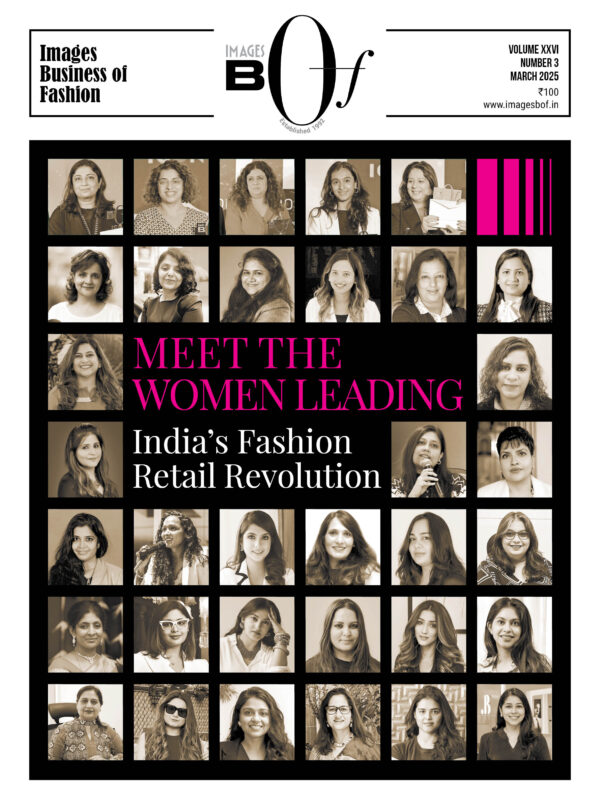With rising consumer demand for sustainable clothing, where they seek greener value not only in the clothing but throughout the supply chain, it has become crucial for brands to add elements of sustainability
India’s top e-commerce brand Myntra to partner with fair-trade, a global network of not-for-profit organisations promoting sustainability in agriculture based value chain. As part of this collaboration, Myntra will add a sustainable clothing line, made out of responsibly sourced cotton from Fairtrade-certified supply chain, to its popular casualwear brand Here & Now.
To resonate with fashion-forward conscious Gen-Z and millennial consumers and beyond, Myntra wants to make trend-based fashion sustainable, through this partnership. This eco-friendly line will be launched initially with 100+ styles across the men’s t-shirts category, priced at an affordable average selling price of ₹450-500, with plans to scale to over 250 styles and expand into women’s t-shirts and athleisure categories.
The new collaborative collection will be a part of Myntra for Earth, a one-of-its-kind theme store dedicated to sustainable fashion alternatives, offering 5500+ eco-friendly styles from 100+ brands. The association is expected to achieve a target of sourcing a minimum of 110 metric tonnes (MTs) of Fairtrade approved ethically farmed cotton.
Speaking on the launch of the collaborative collection, Neetu Jotwani – Senior Vice President, House of Brands, Myntra, said, “In keeping with our commitment towards sustainability, we strive to adopt eco-friendly practices across the entire supply chain and manufacturing processes to make them resource efficient. This collaboration with Fairtrade is a step in that direction, while equipping and empowering cotton farmers and enabling a better future for them.”
Commenting on this, Abhishek Jani, CEO, Fairtrade India Project, said, “This collaboration between Myntra and Fairtrade is of major significance as it would not only create positive impact for cotton farmers, their communities and the environment but would also help mainstream Fairtrade and sustainable fashion choices for the Indian consumers.”




